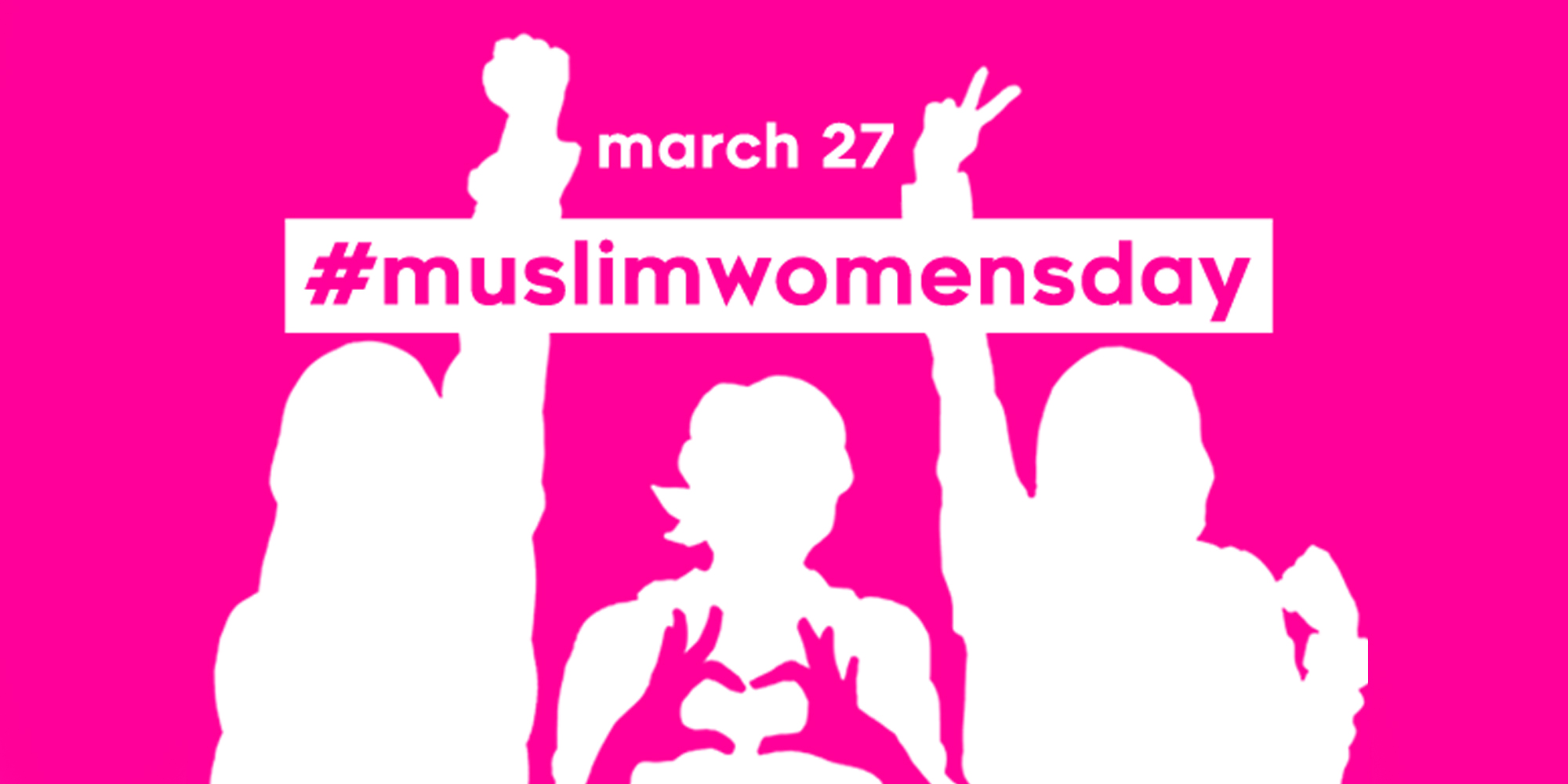March 27th this year marked the second official Muslim Women’s Day, a day which aims to celebrate Muslim women and amplify their voices.
Its founder says it’s a day to “celebrate just Muslim women… and engineer a new precedent for Muslim women’s representation in mainstream media”, and this year’s theme was “Muslim women talk back to violence”. This includes standing up to gun violence and taking part in the #MeToo and #TimesUp movements, themes which impact women from all backgrounds.
“Muslim Women’s Day is a call to action to… center Muslim women’s voices for the day, to empower us, to flood the Internet with new, diverse, positive stories and Muslim women’s voices, and basically just pass the mic”.
The celebration, which is partnered with major social network organisations such as Refinery29, was launched by the blog MuslimGirl.com, started by Amani Al-Khatahtbeh in her bedroom eight years ago to carve out a space for young Muslim women’s narrative.
Al-Khatahtbeh says MuslimGirl provides a necessary space for Muslim women, who exist in a world of misinformation about Islam. By creating a platform for them, MuslimGirl cultivates “a presence for our voices in the media in the hope that … it will make it more difficult for that misinformation to lead to those policies”.
In a time when people are starting to care more about women’s empowerment and gender equality, Al-Khatahtbeh says it is important to expand the definition of women’s liberation to include Muslim women and other groups of women, an ethos which matches that of the #MosqueMeToo movement which was launched in response to the #MeToo movement.
These efforts include partnering with Getty Images to provide stocks photos of Muslim women that are taken by Muslim women in order to improve the availability of visual imagery of Muslim women. Al-Khatahtbeh says that something as simple as this “can impact the way that we view an entire group of people, especially in today’s digital age”.
MuslimGirl is “a millennial startup, so the digital environment is definitely our arena. That’s out battlefield, that’s what we’re good at. And so we’re trying to find innovative ways to really just completely deconstruct what people expect and break out of this box of what Muslim women look like or how they’re supposed to sound”.
While it never attempted to cater to an outside audience, the blog has tens of thousands of followers, half of which are non-Muslim.
Al-Khatahtbeh describes how moving to Jordan from the U.S. empowered her to have this conversation about Muslim women. In Jordan, she became aware of the reality of the nature of Islam in comparison to how it was portrayed in Western media. When she moved back to the U.S., she decided to start wearing the hijab as a “public defiance of Islamophobia and my personal reclamation of my identity”.
She also became aware of certain privileges that she has that other Muslim women do not, which she believes she should use “to enact change and to make those things accessible to more people around the world”. Rather than speaking on behalf of other Muslim women around the world then, MuslimGirl seeks to empower their voices so they can speak for themselves.
Sources
Scott, K. (2018) ‘Why Amani Al-Khatahtbeh created Muslim Women’s Day’. [online] 27 March. https://edition.cnn.com/2018/03/26/middleeast/muslim-girl-amani-al-khatahtbeh/index.html. [Accessed 9 April 2018].






